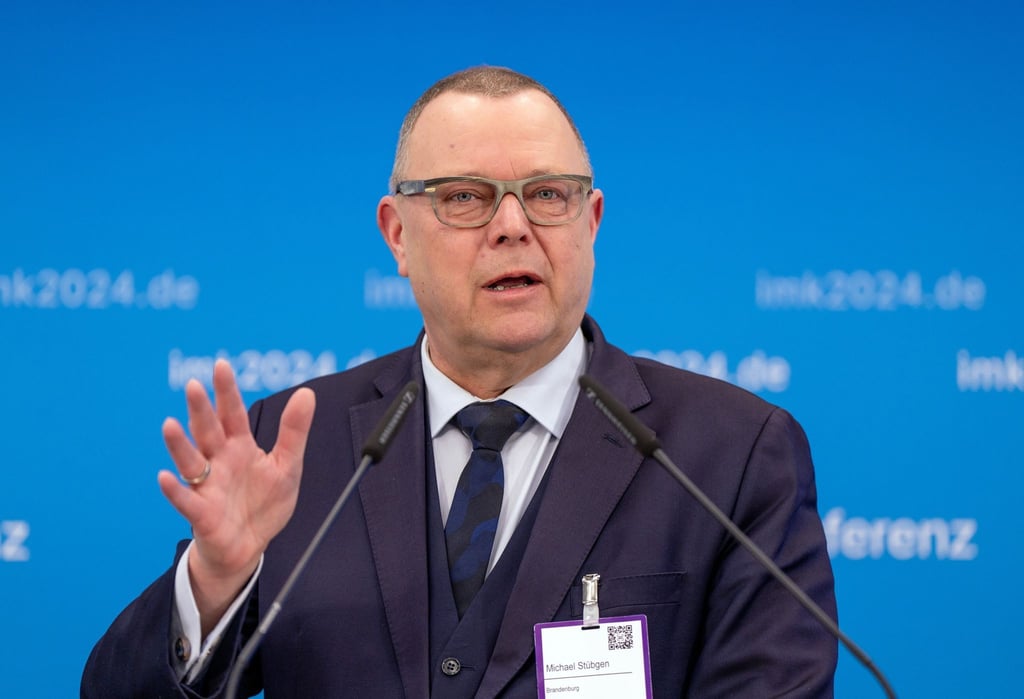Brandenburg’s Interior Minister Michael Stübgen (CDU) has called for border controls at all EU borders with Hungary in response to Prime Minister Viktor Orbán’s new decree easing entry for Russians.
Brandenburg’s Interior Minister Michael Stübgen (CDU) is demanding border controls at all EU borders with Hungary. The trigger is a new decree by Hungarian Prime Minister Viktor Orbán that extends the issuance of work visas to Russia and Belarus.

In an interview with the newspaper Bild am Sonntag, Stübgen emphasized: “The European treaties allow border controls for extraordinary situations. Just as we do with Poland and the Czech Republic, countries like Austria, Croatia, Slovakia, and Romania should also implement them. It is unacceptable for an EU country to allow Russians to enter virtually unchecked.” This measure aims to prevent Russian agents and murderers from entering Europe unhindered.
Recent events heighten concerns
The release and return to Moscow of Vadim Krasikov, known as the “Tiergarten murderer,” as part of a large-scale prisoner exchange, has alarmed Western experts. The Kremlin confirmed that Krasikov was an agent of the Russian intelligence service FSB. Former President Dmitry Medvedev warned those released from Russia that they would continue to be pursued and would not be safe anywhere. Experts fear that Putin may now be encouraged to send agents and murderers to Europe again.
Faeser leaves nothing off the table
Manfred Weber, head of the Conservatives in the European Parliament, is also outraged. In a strongly worded letter to EU Council President Charles Michel, he demands tough measures. Weber told Bild am Sonntag: “Allowing Russians into the EU without scrutiny massively endangers Europe’s security. Putin’s spies and murderers have already caused significant harm in the EU and Germany. Further damage must now be prevented.” Weber insists that the issue be addressed at the next summit of heads of government and that consequences be drawn.
Federal Interior Minister Nancy Faeser appears to be leaving all options open as well. A spokesperson for the Interior Ministry stated: “The danger of Russian espionage and sabotage is high and has intensified since the start of Russia’s war of aggression against Ukraine. All EU partners should therefore increase their efforts to protect against Russian espionage and sabotage and must not create potential entry points.”









